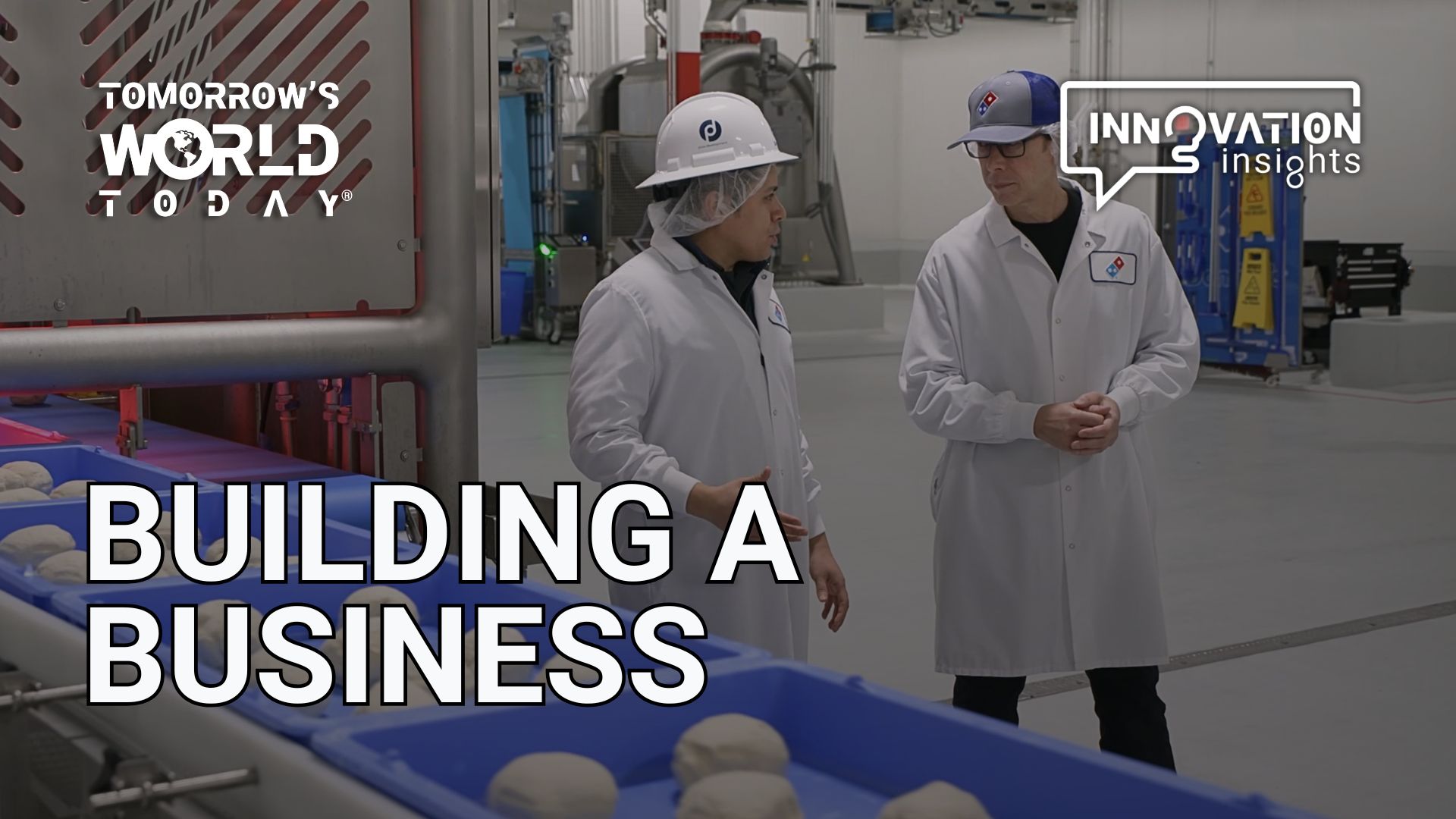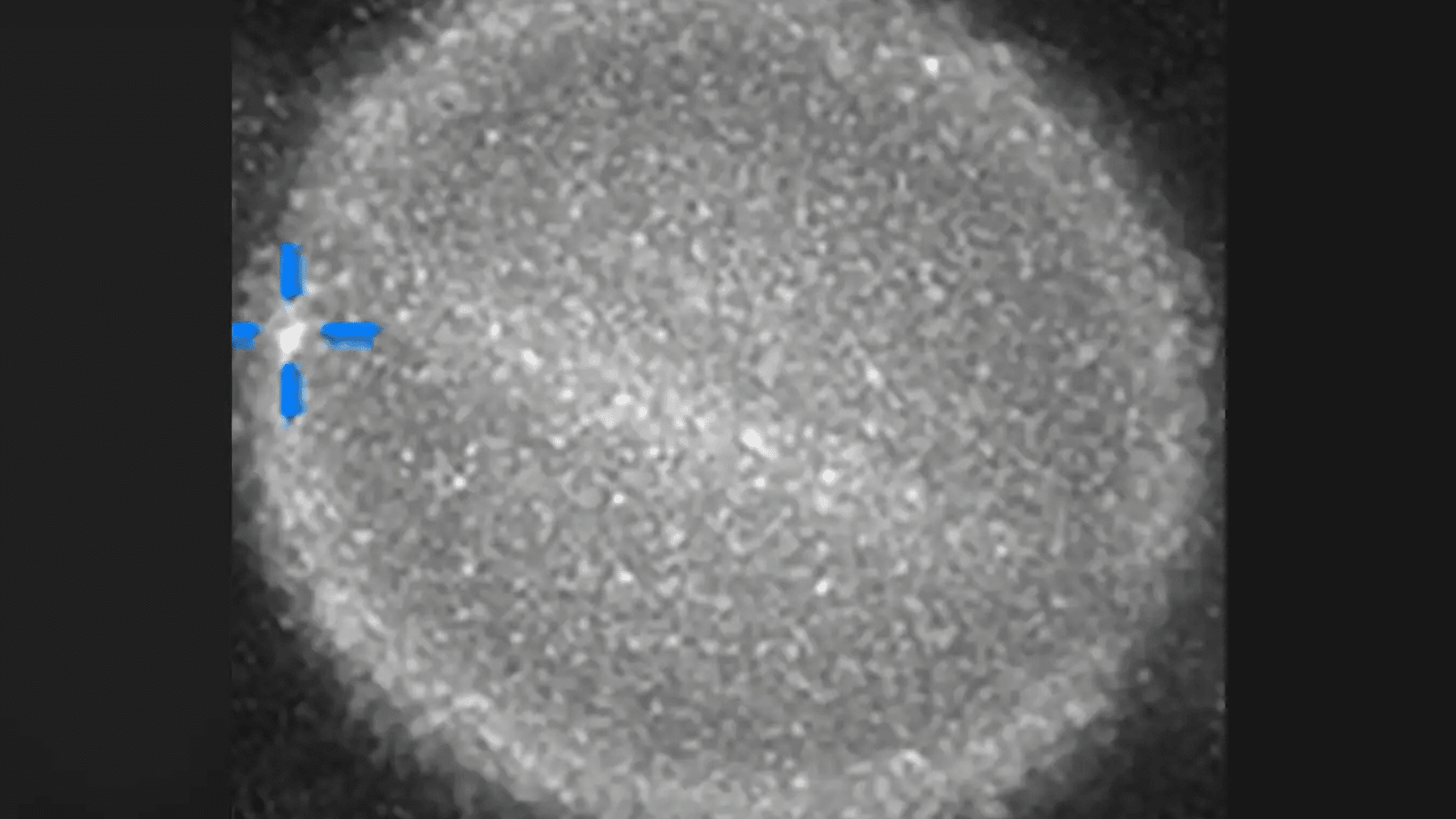Engineers discovered that combining pneumatic technology with electronic actuators can create an air-powered computer memory that can be used to control soft robots. Soft robots are made of stretchable materials with reversible and variable properties, whereas traditional robots are built from rigid materials. Soft robots also use pressurized air which allows them to flexibly move their limbs, enabling them to perform delicate tasks. The combination of the air-powered computer memory with a soft robot allows for the robots to play a piano song.
In order for the robot to memorize the notes of the piano tune, researchers created the pneumatic random-access memory (RAM) chip using microfluidic valves instead of the typical electronic transistors. The microfluidic valves were originally designed to control the flow of liquids on microfluidic chips. However, they can also control the flow of air by creating trapped pressure within the valves.
While the piano-playing robot is fascinating, what’s even more notable is that these valves can be applied to sustainable manufacturing to reduce the expensive, power-consuming electronic hardware that is used to control pneumatic systems. Furthermore, the flexibility and memory of these robots would be safe for delicate use on or around humans for possible medical purposes. This discovery adds to the rich history and exciting future of innovations regarding pneumatics.
To uncover more about the future of pneumatics, stream Tomorrow’s World Today’s “The Power of Air” on SCIGo and Discovery GO.
Explore the World of Innovation, and discover the science behind exercise, how recycled art turns trash into treasure, and the use of holograms in music.







